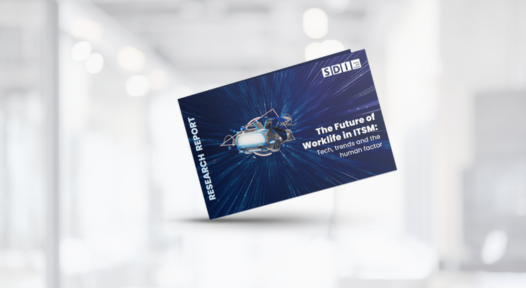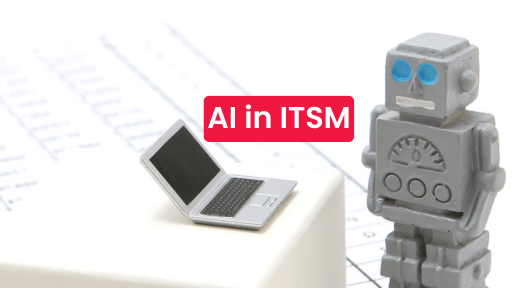 Back to Resources
Back to Resources
Companies around the world are utilising AI applications to enhance their procedures, optimise costs, avoid human mistakes, assist customers, improve customer experience, manage IT systems, and automate repetitive tasks. And as AI becomes more prevalent, its uses (and this list) will expand even further.
We could even say that AI is taking the lead in transforming how companies operate. According to Deloitte, 94% of business leaders agree that AI is critical to success over the next five years.
So, in this blog, we are shedding light on how businesses leverage this technology to stay ahead of the curve. We’ve compiled a list of the five amazing applications of AI in the ITSM with some exciting industry examples.
So, let’s dive in!
#1 Customer service operations
AI has become a cornerstone of customer service, meeting growing expectations for real-time support.
According to McKinsey, approximately 67% of millennials now anticipate real-time customer service, and 75% of customers expect a consistent and seamless experience or omnichannel customer experience.
This prompted many companies to accelerate their digital transformation efforts and recognise the value of AI.
How Unilever is enhancing customer interactions by utilising GPT API
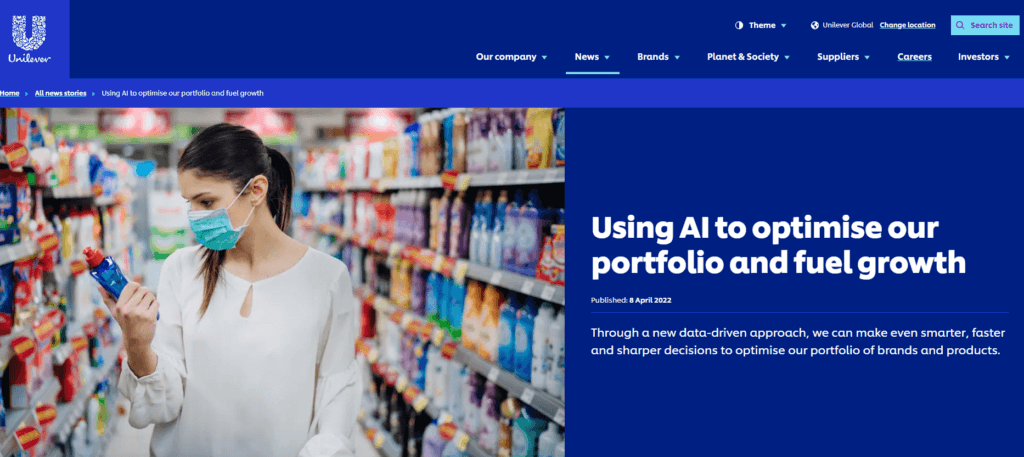
A good example of AI applications to enhance customer interactions is the company Unilever.
Unilever has been using generative AI to personalise products and experiences. By utilising GPT API, Unilever has developed AI tools that assist in responding to customer messages and generating product listings.
As a result, they have created an AI tool that understands what their consumers want and need, which helps them reduce the amount of time agents spend drafting responses by more than 90%.
📕 Read more: AI-Powered Service Desk: We Tested Best AI Prompt Frameworks
#2 Voice and Virtual Assistants, Chatbots, and Conversational AI
AI chatbots are virtual assistants that can engage in automated conversations and human-like conversations through text or voice.
For instance, an AI-powered chatbot can handle various tasks like answering FAQs, analysing customer feedback, guiding users through basic troubleshooting, and escalating complex issues to human agents.
In both chatbots and voice assistants, conversational AI relies on natural language understanding (NLU) and natural language generation (NLG) to comprehend user queries and generate appropriate responses. So, using voice assistants, AI chatbots, and conversational AI is undoubtedly simplifying customer support.
Creating AI-powered voice agents and chatbots with IBM Watsonx Assistant
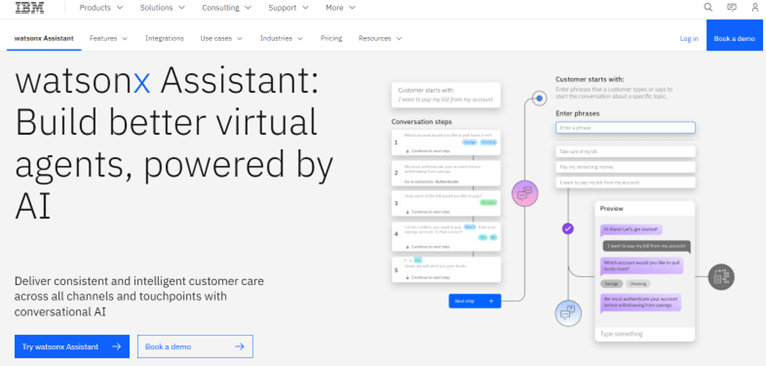
IBM Watsonx Assistant is a conversational artificial intelligence platform that enables you to create and deploy chatbots and virtual assistants very quickly and effortlessly.
Companies can create AI-powered voice agents and chatbots for automated self-service support across all channels with seamless integration into other business tools.
The Watsonx Assistant provides conversational search results. It utilises generative AI to create answers based on enterprise-specific information, making it easier for employees and customers to get the needed information. This feature saves time and money by eliminating the need for human authors to write and update answers manually.
Another great thing about IBM Watsonx Assistant is utilising AI and NLP to learn from customer interactions, improving its ability to resolve issues quickly and effectively.
#3 Predictive maintenance
By harnessing the power of machine learning and data analysis, AI can forecast potential IT infrastructure issues before they disrupt operations. This proactive approach allows IT professionals to address problems efficiently, preventing costly downtime and service interruptions.
Basically, it’s a vital tool for ensuring the seamless operation of critical IT services in today’s technology-driven business landscape.
SAP is predicting the future with AI-powered analytics tools

Another company that recognises the great potential of AI is SAP. A provider of enterprise software solutions that is actively using AI-powered analytics tools to analyse sensor data, identify patterns, and predict equipment failures.
By integrating predictive maintenance capabilities with other enterprise systems, SAP enables businesses to optimise maintenance operations and reduce costs.
📕 Discover: Five Ethical Issues of AI in the Modern Workplace
#4 AI-powered knowledge management
AI applications can be used to manage knowledge in the organisation. With the ability to capture, organise, and retrieve information from multiple sources, AI-powered knowledge management is a powerful tool that can benefit everyone involved. It can save time and make things easier for businesses, employees, and customers.
For instance, using AI to manage accumulated knowledge across organisations can help employees make informed decisions quickly. By providing instant access to relevant data and insights, employees can solve problems efficiently and focus more on innovations.
AI-powered systems can also identify trends and patterns in data, providing valuable insights for strategic planning and futureproofing.
Zendesk Guide offers AI -powered knowledge base

Let’s look at the Zendesk example. Zendesk Guide is a knowledge management system that helps customer support and service teams create a customer-centric knowledge base. It provides support agents with accurate and up-to-date information and allows them to focus on providing more meaningful support.
Zendesk enhances self-service options and optimises support workflows with content analytics and AI-powered suggestions.
#5 Personalised customer support
AI is transforming customer support by making it more personal. It uses data to understand customer preferences, behaviours, and past interactions.
Whether it’s recommending products, resolving issues, matching customers with the best agents or bots, generating personalised responses or offering expert advice, AI is offering personalised customer support.
And as a result, it enhances user experiences, fosters customer loyalty, and boosts efficiency.
1-800-Flowers AI-powered system can offer personalised recommendations
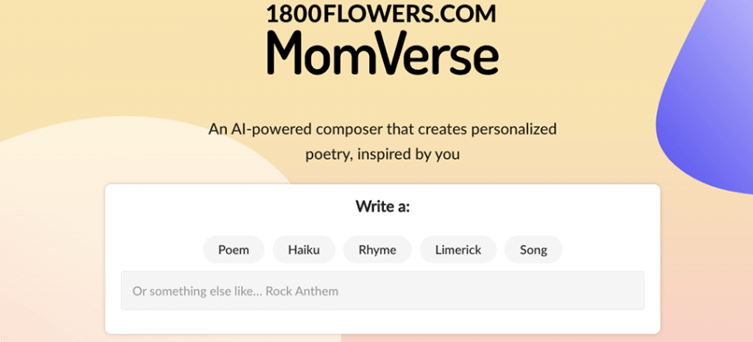
1-800-Flowers customers can take advantage of the company’s intelligent virtual assistant, which is powered by NLP technology. This assistant is available 24/7 and can help customers with any issues they encounter or provide information about their order, including tracking details.
If customers create an account on the 1-800-Flowers mobile app, the AI-powered system can offer personalised recommendations based on their order history. This means that the AI agent is learning from every interaction, allowing for more customised services in the future.
Another good example of using AI for personalisation is Salesforce’s Einstein GPT. A Generative AI for CRM that can help salespeople generate personalised emails to send to their customers.
Final thoughts
Nowadays, companies use AI to connect with customers in more intelligent, automated, and personalised ways. Its ability to enhance customer interactions, streamline operations, and maintain system reliability makes it an indispensable asset for forward-thinking organisations.
And these mentioned applications of AI are just a few out of many. As AI continues to evolve, it promises further innovation and transformation across various industries.











